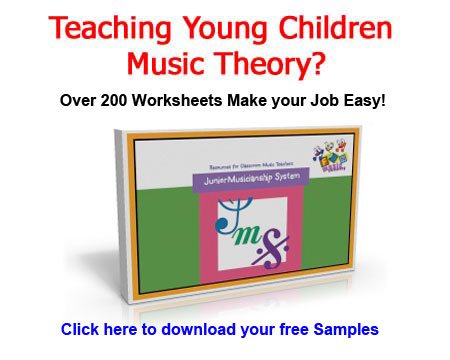“Learn as much as you can while you are young, since life becomes too busy later.” ~Dana Stewart Scott
It’s well known that Exposure to all sorts of experiences for children at young ages is very critical in their early development. Learning languages are a great example of this: the art of learning a whole new language happens best when children are young.
Literacy experts tell us that if want our children to love reading, then start young. So Why should learning music or Music Theory be any different?
I believe that the real and common sense answer is that it shouldn’t be. If we want our children to love reading, what do we do? We sit them up in a warm cozy bed with us, cuddle them and quietly and read together with the most fun, zaniest craziest voices and actions we can! Is it boring to your child?….No way: they love it! Do you make it feel tedious and hard?…No way: It’s something we love to do with them and it’s easy! Do we start doing this when they’re ready to go to high school?…No way: We do this when they’re babes in arms… when they’re toddlers… when they love the sound of our voices… when they love being with us all the time!
And here’ the big one…..If we read to our children in this nurturing, loving , fun environment when they’re young, do we set them up for failure?… No way! Our kids are going to grow up being highly successful readers!
So why do we often leave learning music theory knowledge until exam time or when our kids are learning it as late as high school age? Is it possible to learn music theory at a young age, even before our children learn to write? Is it possible to make it fun, zany, crazy and exciting?
My answer is: You bet!
We all know though that simply handing out worksheets to young children and telling them to fill in the gaps, just doesn’t happen with young children. Here are a few tips to help to make doing music worksheets easy, fun and achievable for young children.
Step 1: Model the Content
Instead of talking about what needs to be done straight away on the worksheet, try placing notes on a whiteboard, draw and play a game or make up a story about how the note or concept works, do note treasure hunts, bingo games, card games and be the music notes on a masking tape stave on the floor…the possibilities are endless! This is really the fun part of setting the scene for the worksheet to come- so this is the step that is perfect for you to be fun and even a bit crazy and zany!
Step 2: Set The Scene
Even after a few minutes of modelling the content in step 1, if you give a young child a worksheet now, it can still be hard to get success instantly. Remember, they’ve just been having fun! You’ll need to go through a process of setting the scene, calming them down and telling them via action what needs to be done before they even touch a pencil.This is where classical music can be useful (my favourite drawing music was Lyadov “I dance with a Mosquito” from Eight Russian Folksongs). Playing the music let’s the children know what’s coming next without you needing to utter a word, helps them calm down and gives you time to hand out worksheets. You can practice drawing circles in the air with fingers or you can get the children tracing their fingers around the notes on the page…..anything to help translate the action into drawing and getting the pencil in their hands and drawing instead of scribbling.
Step 3: Encourage Retention through Drawing
Research tells us that when humans hear something, even just listening to it, the chances of it being retained are about 10% (This is ALL humans, not just children!) and just the act of learning to write it down, helps us to retain 50% of the information straight away. So drawing musical notes and symbols are incredibly important in the retention process and are possible once the above preparation is done. One pencil to each child works well to avoid distraction and classical music can help calm and help keep children working at about the same pace.
Step 4:Reinforce the Positives
As each child finishes the drawing activity, make sure they get positive affirmation that they’ve done it well. Tell children exactly you like about the work they have done and ask them specific questions about their work. Children will always be honest and this questioning helps them affirm to themselves they’ve done a great job rather than you telling them. Stampers upon completion work well in music lessons, it affirms that they’ve finished so they can put the worksheet or booklet away and get ready for the next part of their music lesson.
Music theory worksheets can really be fun and easy for young children provided it is set up with a nurturing, fun, successful and easy system. Just click here to get access to 40 free music theory worksheets to use for a range of ages and abilities including worksheets for young children
But now it’s your turn! What do you think about teaching children music theory at young ages? Do you have any advice, tips, strategies and games that you use with young children learning music theory that you can share? We want to hear from you!!




Hi,
I really found your blog to be really excellent and it really give me some knowledge. will definitely recommend your site to my colleagues. definitely bookmarking this site. Keep up the good work! hope to see more of this!